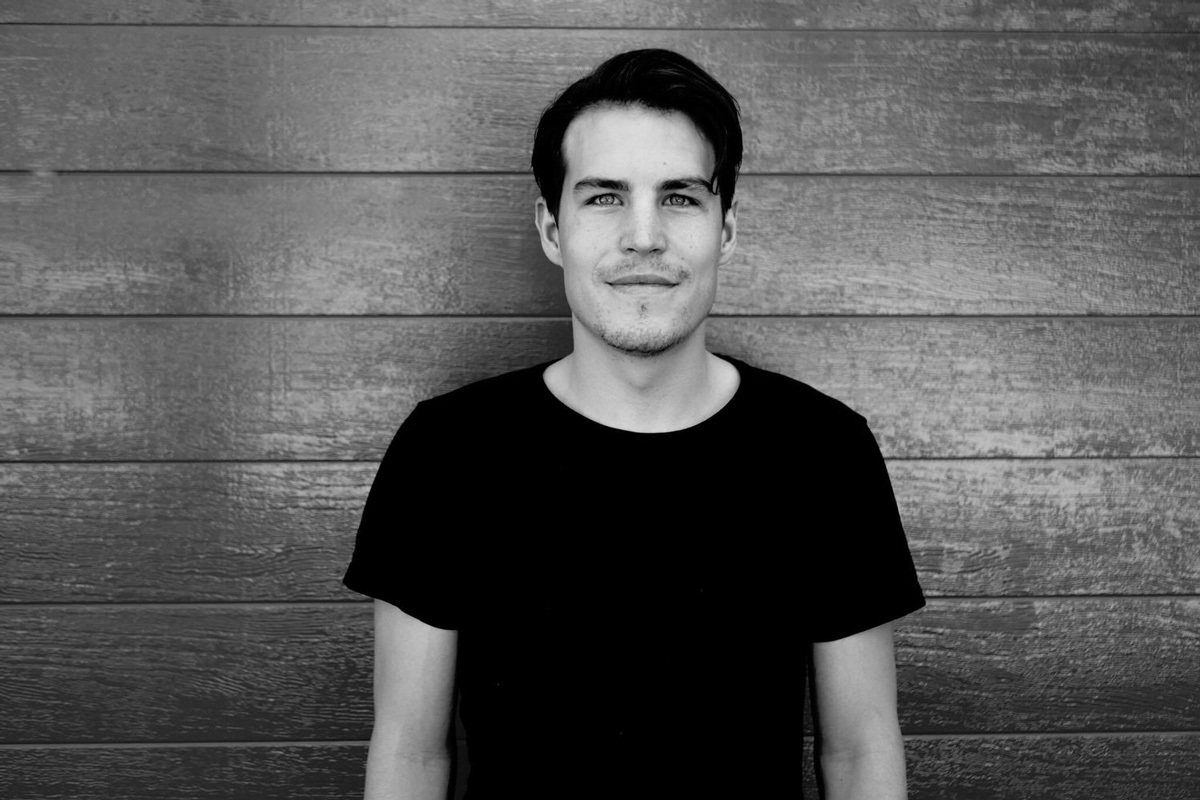A pro cyclist’s journey to empower Aboriginal voices through social impact education


Former professional cyclist Adam Phelan said goodbye to racing to be the first in his family to go to university. Fast forward five years and he’s now almost halfway through his MBA on a social impact scholarship, with hopes of empowering Aboriginal voices and community-led solutions.
Adam, congratulations on receiving a social impact scholarship, what did this award mean to you?
It means a lot. I’m the first in my family to go to university, so I really value any opportunities to continue my education. My parents didn’t necessarily have that opportunity and my brothers pursued different paths and gained success in other fields. But I was always passionate about learning and education and went to university straight after school.
At that time, though, I was also doing professional sport and that eventually took over my life for a good seven years. So, I put my studies on hold while I did that, but I made a promise to my dad that I'd go back and get a degree, which I did while working full time after sport. Unfortunately my dad passed away before I graduated. But even though that was tough, I’m still quite proud that I finished my studies and now I’m taking a big step on my journey towards lifelong learning.
You were a professional cyclist before you decided to retire and return to your studies, was that a difficult decision and career change to make?
In some ways. I started bike riding when I was quite young. I’d do BMX with my twin brother and my older brother just for fun. Towards the end of high school, it became a bit more serious and was very much a family thing, where we’d go around Australia doing races. I just kept going when I left school, and I ended up living overseas and representing Australia. Once it gets to a certain level, sport consumes every part of your life. Over time I became quite conscious there was more I felt I could give to the world outside of riding a bike too.
That definitely played on my mind and eventually I left cycling and tried to build up a different career where I felt like I could give back in more tangible sense. Sport is an amazing thing and it taught me so much in terms of dedication, determination, patience and resilience. But I knew I wanted to give back to my community.
So once I finished my first degree as mature aged student, I enjoyed working for a period of time but I quickly learned I had an itch that kept needing to be scratched. And I saw opportunities where I needed to continue to learn and gain skills in order to make the impact I wanted to.
Why did you decide to do postgrad study and undertake an MBA in Social Impact at CSI UNSW?
When I was considering my options, I realized that an MBA is a pretty big commitment and financially it wasn't really going to be a possible option. When I found out I’d won a scholarship that is social impact focused, it really created a clear path forward where everything aligned.
I came across the Centre for Social Impact and its MBA offering, and that's when I saw real value in growing my understanding of how organisations and systems operate in a broader social context. In particular, the influence each can have, both positively and negatively in society. My MBA has outlined the role of different institutions, organisations and businesses and how they have the power to steer social outcomes.
Working within AGSM at UNSW also brings a lot of networks and connections, but it’s even better that the network is social impact focused, that really brings in that added value.
Why is social impact important to you?
I’ve always been interested in how organisations operate in relation to social injustices and inequities. Including digging into how business, government and non-for-profits meaningfully engage in addressing and mitigating these.
You know, what frames an organisation’s collective understanding, role and responsibilities in that context? I think there is great scope and will for change, change that is desperately needed for many across society. When it comes to social systems, particularly ones that have the potential to oppress and marginalise certain communities or people, those structures can be embedded and hard to change. There might be a need for collective action and institutional change. But corporations and organisations are a part of that picture too, I believe.
As an Aboriginal person, I think social impact can look unique from a First Nations perspective as well. It’s really about what can mainstream organisations and business do to support Aboriginal people’s right to self-determination and empower localised Aboriginal community-led initiatives and organisations. Impact can mean shifting power. Navigating that may not be easy for some and means challenging the structures of racism too. It might mean rethinking entire concepts of governance, with more community-up decision making frameworks to reflect Aboriginal rights and obligations to Country, culture and community. I think that’s exciting and important for social impact.
In five years, where do you imagine your career in social impact will take you?
In five years’ time I hope I'm in a in a place that enables me to actually see change occur, to be in a position that I help influence change by empowering communities on the ground. Wherever my path takes me over the years, I hope I'm positioned to see Aboriginal people’s rights upheld in systemic way, and where local mob and community groups are structurally empowered, honoured and respected.
